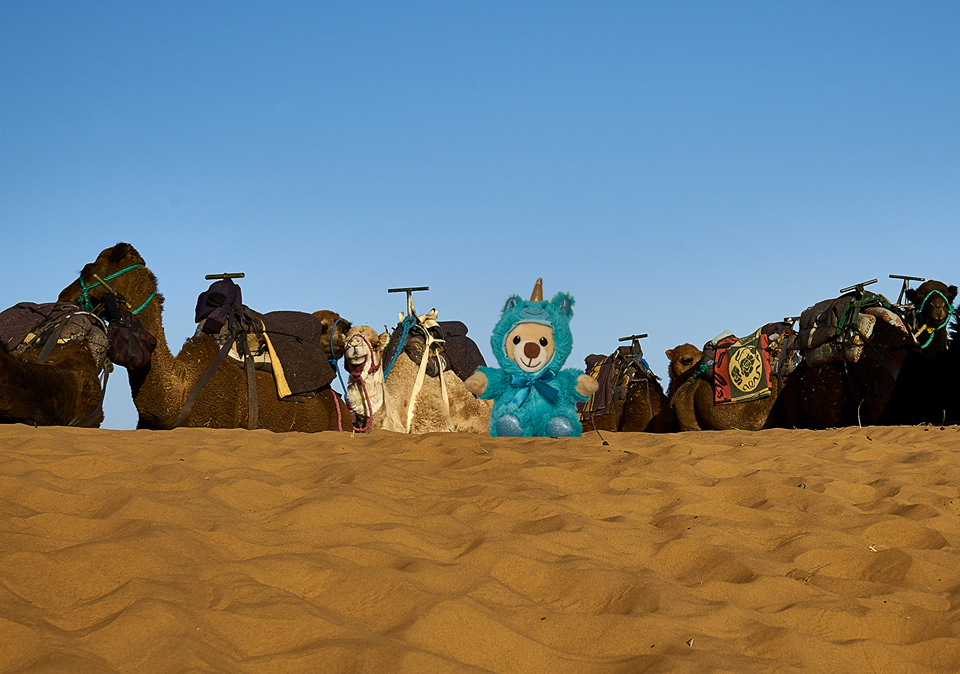In a world cut off from nature in which many of us live, this type of intelligence is often challenged. Between concrete school lessons (fortunately, many are making big changes at the moment), our city lives and the few hours spent outside by a child in a day, naturalistic intelligence is often discreet since children have little or no chance of discovering it. However, in an increasingly ecological and environmental world, it may well be more and more useful for us to understand and adapt. So why not work on developing it?

But first, what is naturalist intelligence? It is the ability to classify, discriminate, recognize and use knowledge of the environment and ecology. People in whom this type of intelligence is particularly developed will be very attracted to everything related to animals, plants, insects and minerals. They will love spending time in nature, taking care of animals, cultivating a garden and surround themselves with plants.
Do you have a child around you who knows everything about insects or animals? Who wants to be outside at the slightest opportunity, especially if they have green space? Who is worth knowing everything about gardening or the trees that grow in the forest? Who has a highly developed sense of observation and can spot the smallest flower, smallest insect or bird on a walk and spend a long time observing it? Or who puts a lot of effort into protecting the environment? There is a very good chance that the main intelligence of this child is naturalistic intelligence.
People with this type of intelligence are often interested in the following professions: veterinarians, gardeners, botanists, farmers, anthropologists, chefs, biologists, ecologists, oceanographers and explorers.
Ideas for developing this type of intelligence in a child of which it is the dominant intelligence:
- Get books and educational games about insects, animals, plants, trees and the environment. They will often also be fascinated by different types of environments around the world. Take the opportunity to discover geography through its landscapes, climates and animals.
- To develop his autonomy and his sense of responsibility, offer him a plant or a pet for which he will be responsible. Suggest that he do some research beforehand in order to choose his new companion well and to prepare for his arrival.
- Help him make an observation book in which he can write down all his new knowledge, make sketches, stick leaves, flowers or photos of his discoveries. In addition, it will allow him to work on writing, creativity and recording information.
- Make sure he can spend time outdoors, ideally in the wild, regularly. Contact with nature makes him feel good, calms him and refocuses him. Why not go camping with the family, take a walk in the forest or go picnic in a green place?
- Children with a naturalistic intelligence enjoy collecting, sorting, classifying and categorizing objects from nature. They will want to take home the leaf, flower or stone they have discovered. Agree what he can and can’t get into the house and allow him to organize his collection as he pleases.
- Discuss with him the weather of the day, the changes of seasons. Observe the buds of the trees, the leaves that grow and change colors, take an interest in the insects and animals that live around your house, make a small garden and observe the plants growing. Let your imagination run wild, the ideas on this subject are limitless.
- Is your child interested in protecting the environment? Put him in charge of recycling. Suggest that they research the lifestyle changes you could make (buying in bulk, homemade cleaners, etc.), discuss it together, and apply a few. Your child will be valued and you will make positive changes for the planet. A winning idea across the board.
- Offer them natural crafts (see printable material for a very simple idea)
Insérer photo insectes brico
Ideas for developing naturalistic intelligence in a child whose primary intelligence is not :
- The vast majority of young children are fascinated by animals, plants and nature and love to play outside when they have the opportunity. Whether it’s their main type of intelligence or not, the interest is there. Take the opportunity to read books on this subject or take a breath of fresh air with your family.
- Offer a magnifying glass to your child and go outside to observe insects, flowers or grains of sand with it.
- When taking a walk in the park or in the forest, bring wax crayons and paper and make plain smears using tree bark or leaves, for example.
- Offer your child a treasure hunt for nature. (see printable material on this subject).
- Give yourself family challenges related to the environment. Who will be able to prepare their lunch with the least amount of waste? Who will save the most water? Does your child like cooking? Create zero waste recipes together, make a garden to grow your own vegetables or visit a farm to get eggs and fresh vegetables.
Printable material :
Nature treasure hunt: veng_nature_treasure_hunt
DIY insects: veng_Atelier-brico-insecte-v2
And you, what are your ideas to develop this type of intelligence?